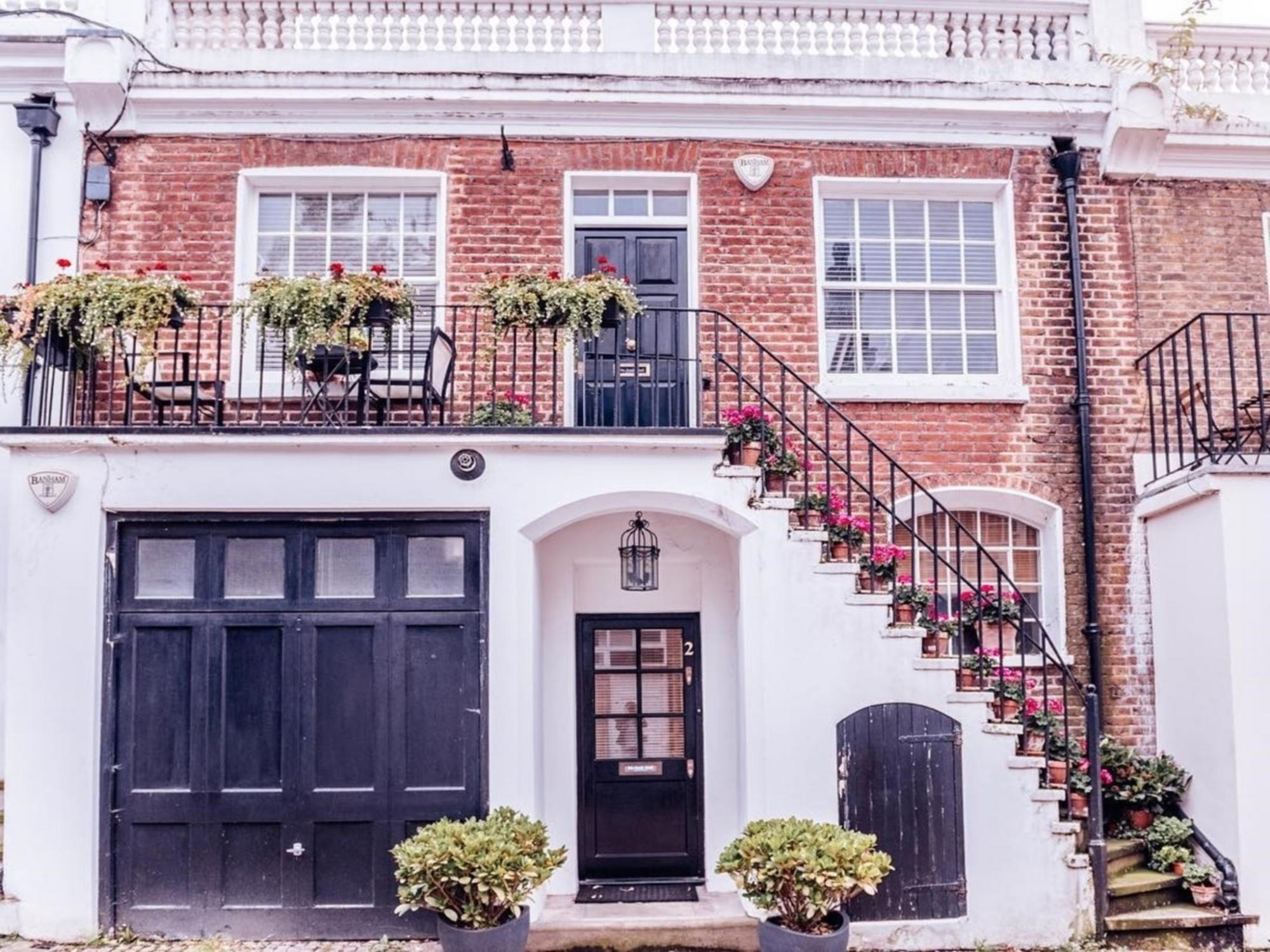Test- FTSE 100 Kicks Off August on a High as BP and Senior Lead Market Momentum
$11
10 Oct 2025, 13:13

Unsplash.com

Prices dropped 3.8%, the most since July 2009, as reported by Nationwide.
According to Nationwide, housing affordability remains a barrier for homebuyers as mortgage interest rates remain high.
In July, mortgage rates reached their highest level in fifteen years as lenders struggled with inflation and a lack of confidence over rates set by the Bank of England.
In the UK, the average cost of a property is £260,828, which is nearly £13,000 less than the August 2016 peak.
The decline in housing prices, which have risen in recent years, particularly during the epidemic, should be welcomed by many first-time purchasers.
Even though mortgage rates rose in July, Nationwide said that house affordability was still strained.
According to its senior economist, Robert Gardner, a first-time buyer making the average salary and saving 20% for a down payment would have their mortgage payments consume 43% of their take-home income. Based on a mortgage with a 6% interest rate.
These new homeowners would have spent just over a third of their take-home income on mortgage payments only one year ago.
On Tuesday, new data revealed that mortgage rates are still rising. As reported by financial information provider Moneyfacts, the mean rate for a two-year fixed mortgage has increased to 6.85% from 6.81% the previous day.
On Monday, the price of a five-year fixed-rate mortgage increased by 0.3% to 6.37%.
As noted by Mr. Gardner, the home market has slowed recently as a result of the difficulty in finding buyers. Compared to over 100,000 last year, there were 86,000 completed house purchases in June.
Following a series of interest rate increases by the Bank of England to combat persistently high inflation, mortgage rates have been climbing.
On Thursday, the Bank is anticipated to increase interest rates once more, this time from 5% to at least 5.25%. Since December 2021, there has been a 14-time increase in borrowing expenses.
Food costs in the UK are still high even if the inflation rate fell to 7.9% in June.
High food and energy prices also have contributed to rising inflation.
(Sources: bbc.co.uk)